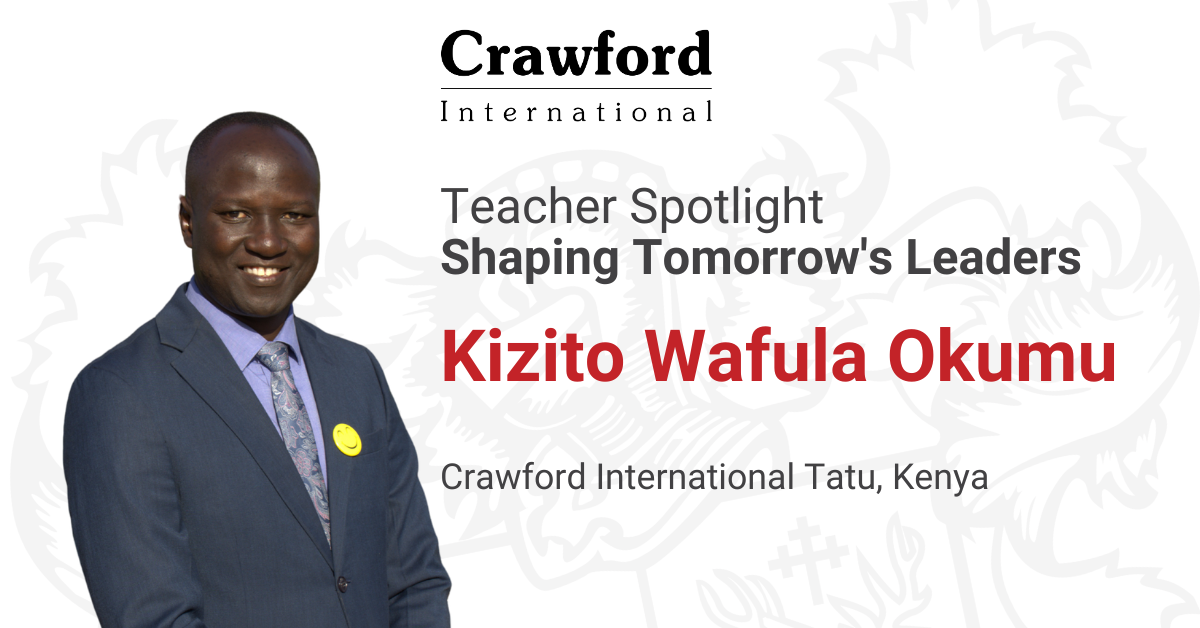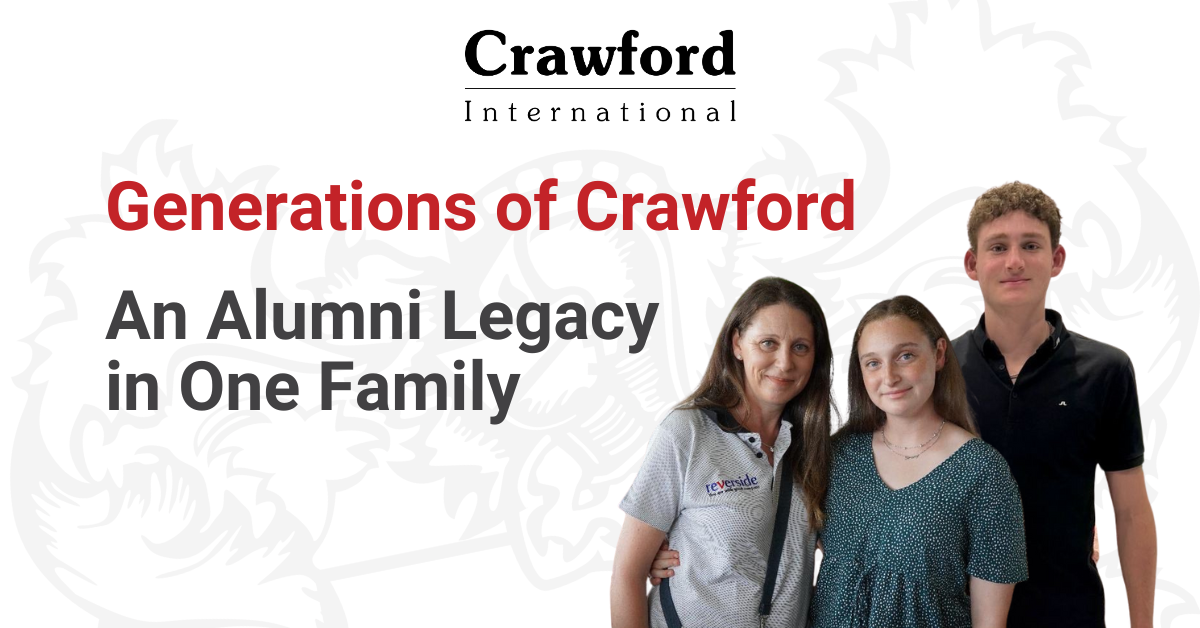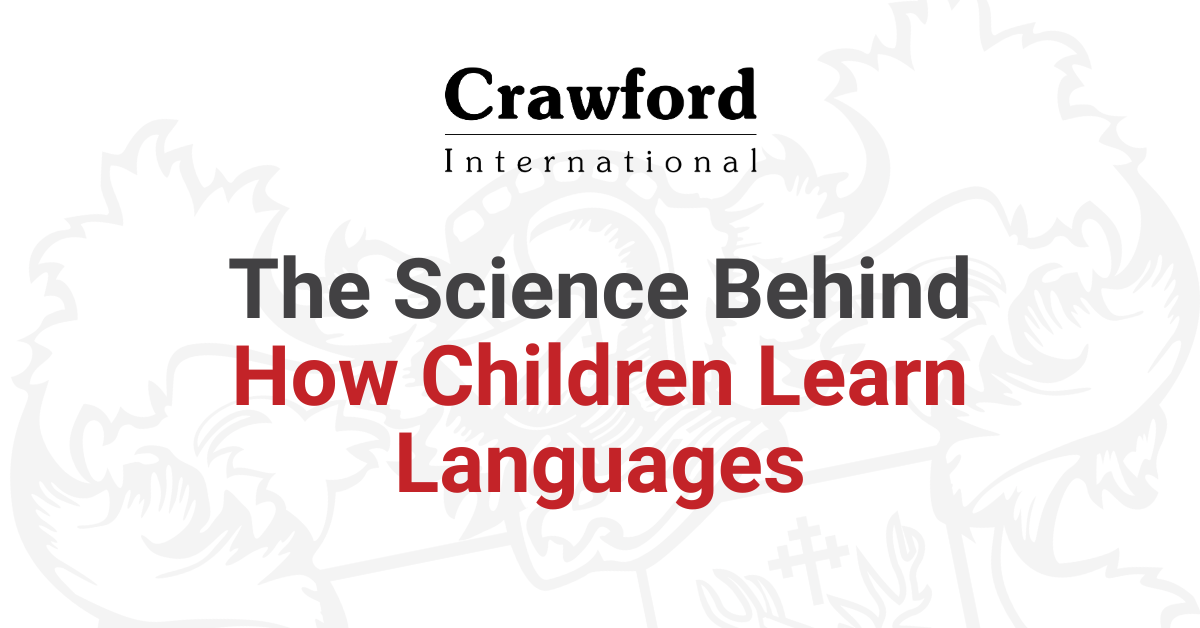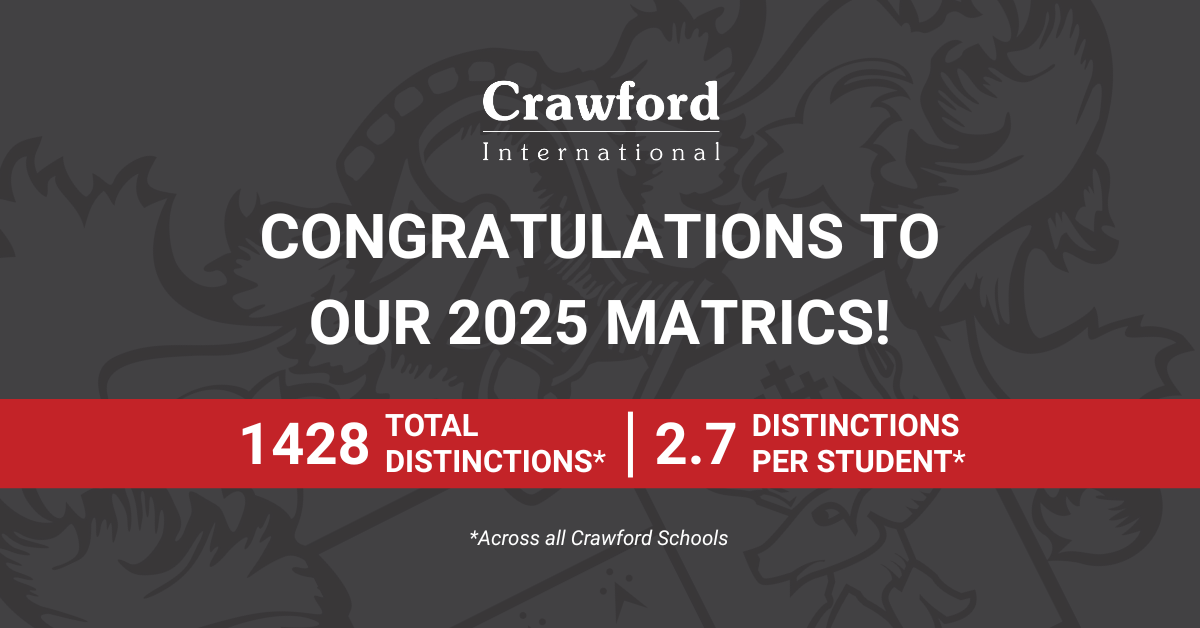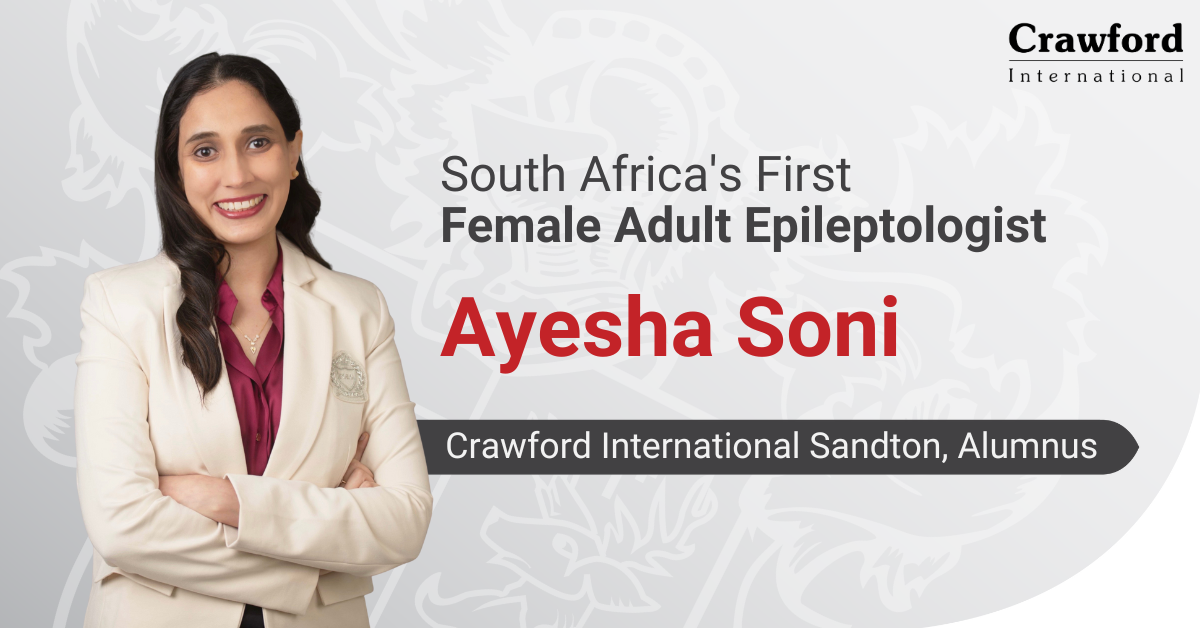Unlocking Multiple Intelligences: The Diverse Learning Approach
Karabo Molokomme • November 3, 2023
Unlocking Multiple Intelligences: The Diverse Learning Approach
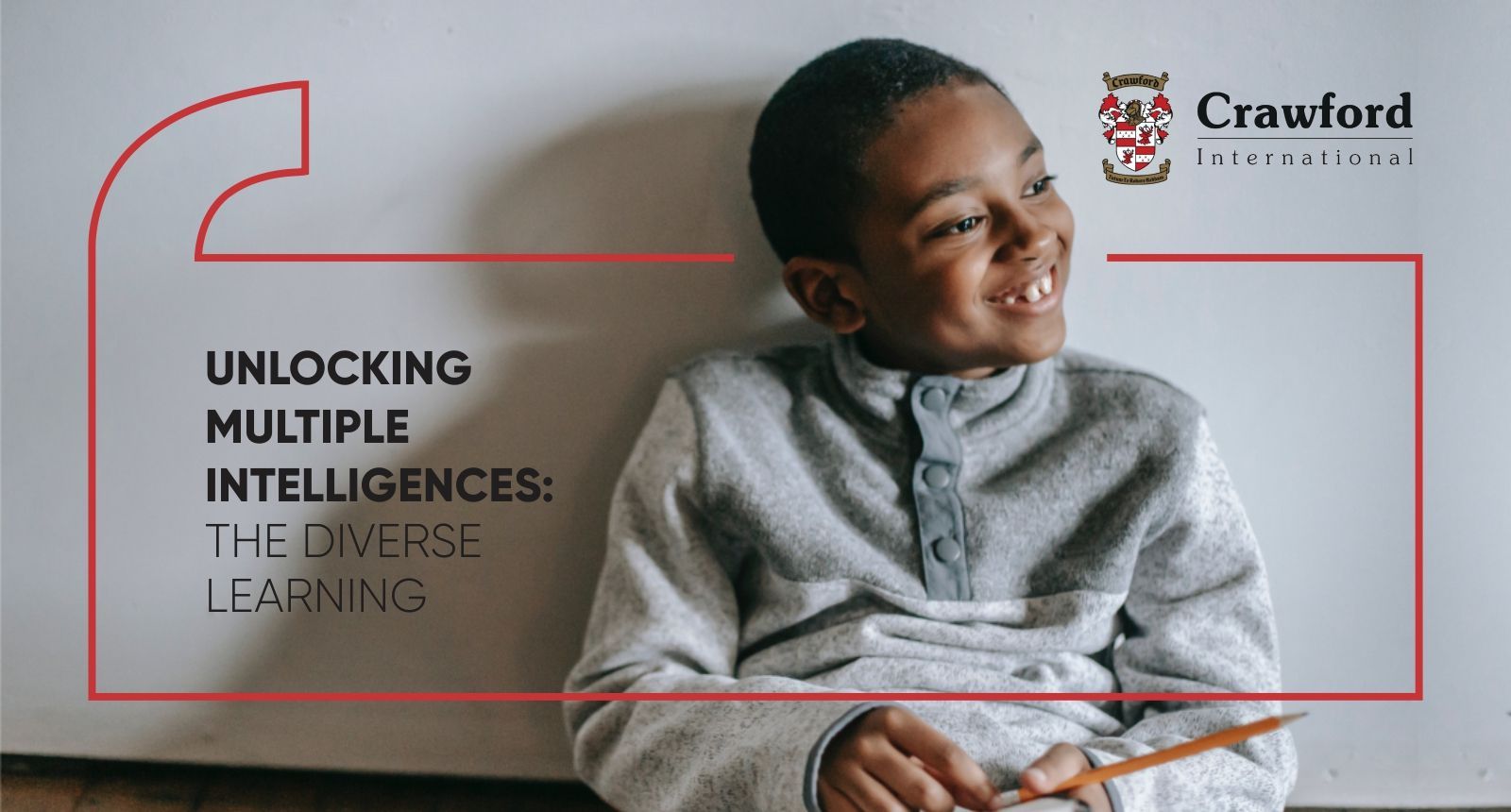
Who is Howard Gardner?
Howard Gardner is a developmental psychologist from the University of Harvard who developed an important theory of multiple intelligences. Gardner believes that traditional education - which largely involves teaching a concept in a classroom and then, in order to show understanding, giving pupils a test on the subject - is a narrow and restrictive way of teaching. In 1983, Gardner wrote a book called Frames of Mind, outlining his theory that there are actually eight types of intelligence in a human being. His theory has had a major impact on global education, inspiring a shift in teaching techniques in forward-thinking schools, such as Crawford International.
What are the 8 different types of Intelligences?
1. Interpersonal Intelligence aka ‘People Smart’
This intelligence relates to the power of interaction. Everything we do involves dealing with people on some level, and being able to understand the way people think, what their motivations are, and being considerate of their feelings are all powerful interpersonal tools. You can spot a child with Interpersonal Intelligence early on; they engage easily with their peers and teachers alike, they are usually popular, and they lead well.
Potential career choices for this intelligence: Manager, Ambassador, Politician, Negotiator, Psychologist, Publicist and Sales Executive etc.
2. Intrapersonal Intelligence aka ‘Self-Smart’
The ability to analse your own personality traits, understanding your fears and being able to set your own goals, all fall into the realm of Intrapersonal, or EQ Intelligence. This intelligence allows one to operate at a higher level of understanding, devoid of emotion, where all ‘greater good’ decisions need to be made. Nelson Mandela was one who possessed Intrapersonal Intelligence.
Potential career choices of this intelligence: World Leader, Therapist, Counsellor, Psychologist, Entrepreneur, Philosopher, Theorist and Philanthropist etc.
3. Kinesthetic Intelligence aka ‘Body Smart’
This intelligence relates to students who are able to use their bodies well. Running with speed, being able to pass a ball, or being able to complete a choreographed routine flawlessly, all point to Kinesthetic Intelligence. However, it doesn’t just need to be athletic! People who are good with their hands also fit into this intelligence, such as a mechanic.
Potential career choices for this Intelligence: Athlete (all forms), Dancer, Physical Therapist, Actor, Builder, Mechanic, and Master craftsman etc.
4. Linguistic-Verbal Intelligence aka ‘Word Smart’
Language Intelligence involves sensitivity to words, their meaning, their order, their sound and their rhythm. People who possess this intelligence are usually excellent speakers and are able to write stories (both fictional and non-fictional). They are also very good at memorising information and processing that information into bigger-picture understanding.
Potential career choices for this Intelligence: Journalist, Researcher, Novelist, Screenwriter, Editor, Speechwriter, Lawyer, and an English Professor etc.
5. Mathematical Intelligence aka ‘Logic Smart’
As we move into the technological age, there has been a heavy emphasis on this Intelligence with the push for STEM subject growth. Mathematical Intelligence involves logical thinking and the ability to develop equations, researching mathematical proofs and solving abstract problems through numbers. Einstein was one who possessed this intelligence.
Potential career choices for this Intelligence: Accountant, Scientist, Engineer, Computer Programmer and, Mathematician etc.
6. Musical Intelligence aka ‘Music Smart’
We’ve all heard the term “musical ear”, but did you know that being musical is an intelligence? It involves the ability for the brain to navigate rhythm, pitch and tone on a higher level and to hear finished melodies before they’ve even been created. Musical geniuses include Mozart and Kanye West (true story).
Potential career choices for this Intelligence: Musical Conductor, Singer, Composer, Songwriter, Performer, and a Rock Star!
7. Naturalistic Intelligence aka ‘Nature Smart’
This is the ability to understand the nuances in nature, including the distinction between plants, animals, and other elements of nature and life. The existence of all life on Earth and the future of the human race as a whole relies heavily on this intelligence. Examples of people with Naturalistic Intelligence include Sir David Attenborough and Charles Darwin.
Potential career choices for this intelligence: Marine Biologist, Geologist, Botanist, Conservationist, Farmer, and a Veterinarian etc.
8. Visual-Spatial Intelligence aka ‘Picture Smart’
Visual-spatial intelligence relates to learners who are able to think abstractly and who can conceptualise ideas well. These people can create small blocks of design and then relate it into large concepts. Subjects such as art, design, photography, architecture and even aviation enter into this intelligence.
Potential career choices for this intelligence: Fashion Designer, Architect, Interior Designer, Artist and an Engineer etc.
This is a very interesting topic. To hear more from Howard Gardner click on the YouTube link here:

